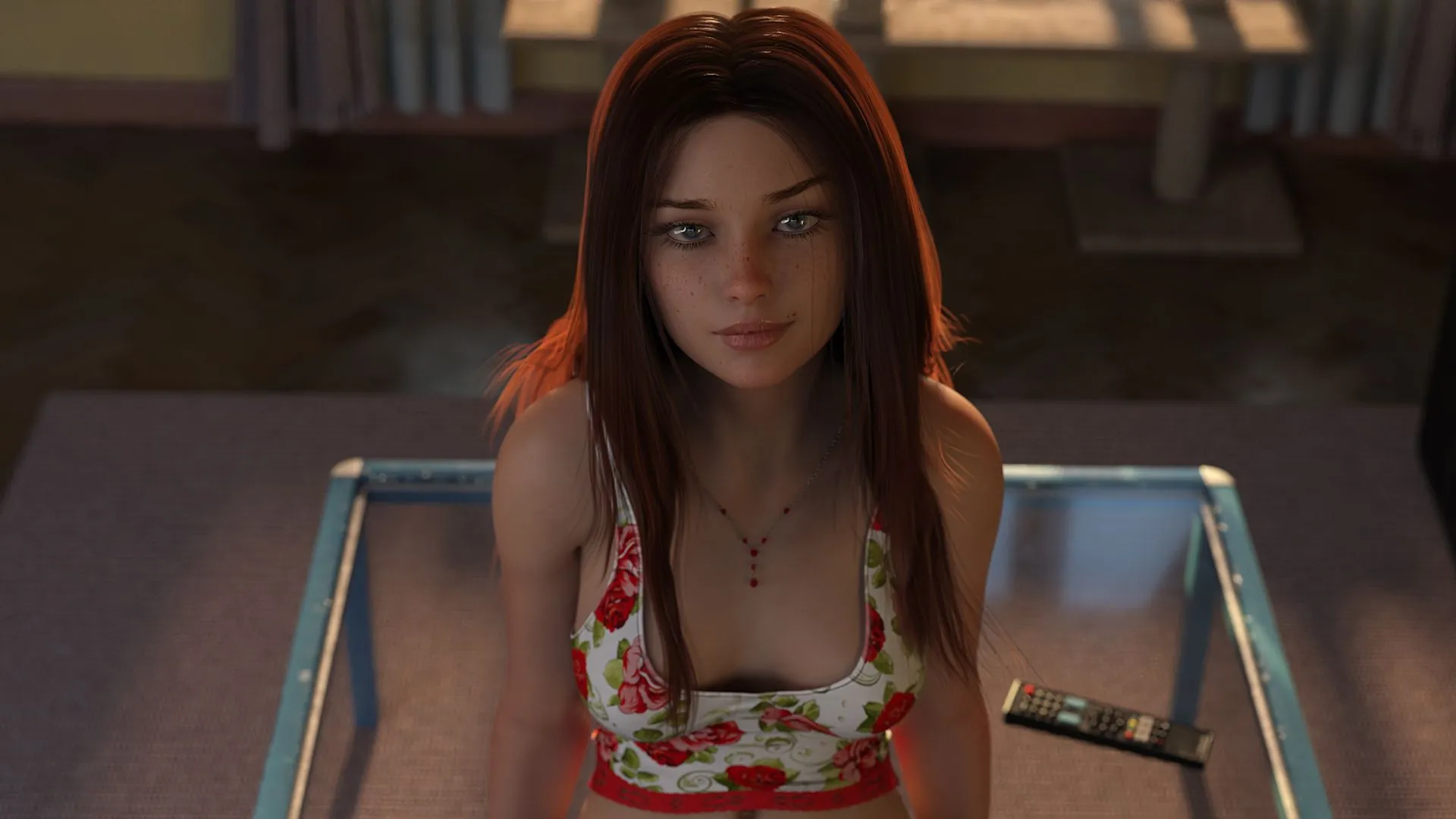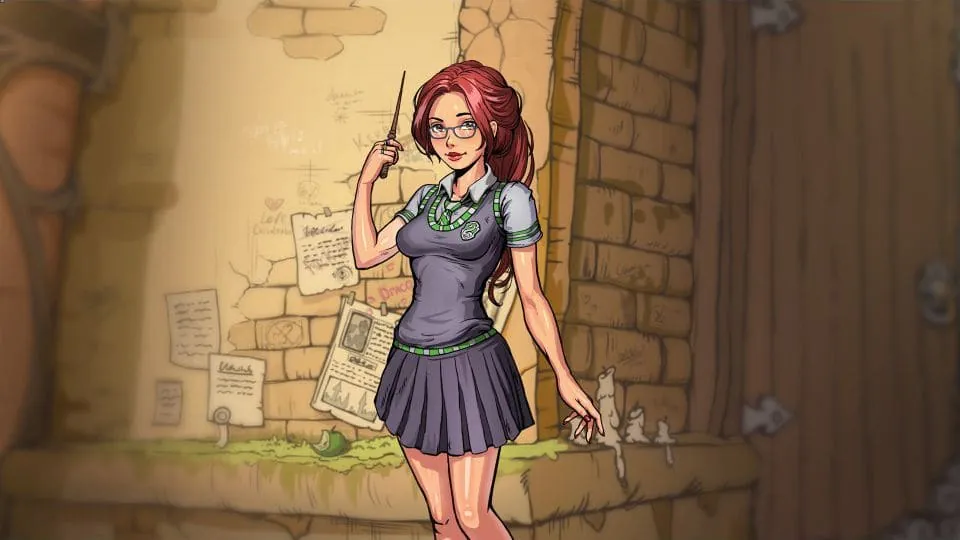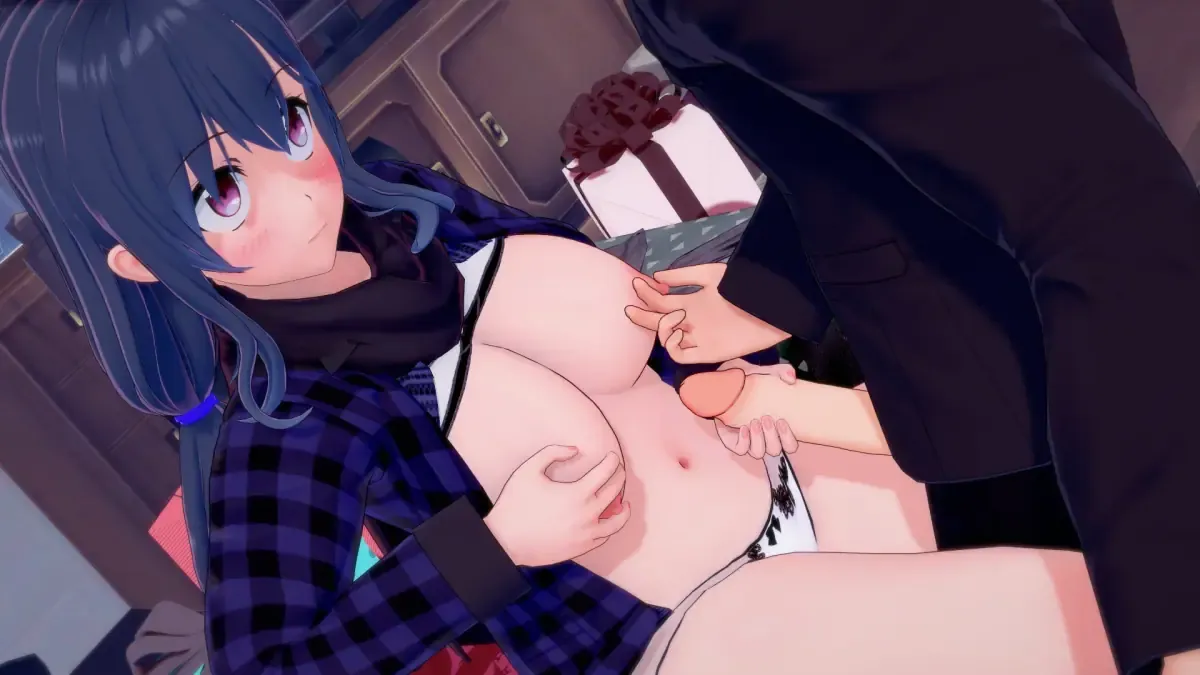
Summer’s Gone
Play Summer’s Gone
Summer’s Gone review
Exploring the Story, Characters, and Gameplay of Summer’s Gone
Summer’s Gone is a captivating interactive visual novel that delves into themes of healing, hope, and love through the journey of a young man battling depression and isolation. This game offers a rich narrative experience where player choices shape the story, making it a unique and immersive experience for fans of story-driven games. In this article, we will explore the core elements of Summer’s Gone, including its storyline, characters, gameplay features, and tips for new players.
Understanding the Story and Themes of Summer’s Gone
What is the central plot of Summer’s Gone?
Picture this: You wake up as a young man drowning in grief after a life-shattering loss. 😔 Every day feels like wading through fog—no purpose, no connections, just crushing loneliness. That’s where Summer’s Gone story begins. Our protagonist isn’t some invincible hero; he’s broken, haunted by trauma that’s left him emotionally stranded. 🌫️
But here’s where the magic happens. Through an interactive visual novel story, you guide him from isolation to hope. Enrolling at a coastal university becomes his accidental lifeline. 🎒✨ Suddenly, he’s navigating lectures, quirky clubs, and—most importantly—people who challenge his walls. The plot isn’t about grand battles; it’s a quiet revolution of emotional growth. Small victories—like laughing at a joke or trusting someone—feel monumental.
What makes this journey gripping? Summer’s Gone narrative choices. Early on, you decide whether he snaps at a classmate or shuts down completely. One playthrough, I chose isolation during a beach bonfire scene. The result? His depression deepened, and potential allies drifted away. 😢 But choosing to stay? That unlocked a heartfelt chat under the stars, the first step toward healing. 🌌
How does the game address mental health and personal growth?
Let’s cut through the noise: Mental health in Summer’s Gone isn’t a sidebar—it’s the backbone. This isn’t a therapy session disguised as a game, though. It’s raw, relatable storytelling. The protagonist’s anxiety manifests in ways gamers feel: racing thoughts during dialogues, avoiding eye contact, or even skipping social events. 😥
Key Summer’s Gone themes here include:
– Self-forgiveness: Flashbacks reveal past regrets, and your choices determine whether he dwells or moves forward.
– Ambition vs. paralysis: Will he join the rowing team, or hide in his dorm?
– Small steps as victories: Brushing his teeth or attending class can be triumphs early on.
I still remember a rainy-day scene where he breaks down after finding an old photo. 💔 Here, the game offers subtle narrative choices: Destroy the photo or Put it away gently. The latter seems insignificant, but it’s a pivotal moment of self-compassion—and it reshaped his relationships later.
This emotional growth game mirrors real recovery: non-linear, messy, but profoundly hopeful. By graduation, that shell of a person? He’s laughing, arguing, dreaming again. Not “fixed”—but fighting. ✊
What role do relationships and love play in the narrative?
Forget cliché romances. Character relationships in Summer’s Gone are lifelines, not trophies. Every bond—whether friendship, rivalry, or romance—forces the protagonist to confront his pain. His gruff neighbor might drag him to a concert; a blunt classmate could call out his avoidance. These aren’t side quests—they’re the main quest. ❤️🩹
Love interests aren’t just “routes.” They’re mirrors reflecting his growth. Pursue the compassionate artist? Her patience helps him open up. Choose the driven athlete? Her ambition reignites his own. But here’s the kicker: player agency shapes everything. Early choices ripple through later arcs like dominos.
🧠 Pro Tip: Take notes on character backstories! Their struggles (family pressure, insecurity) often parallel the protagonist’s, creating organic bonds.
Now, let’s dive into that pivotal example. After the subheading, here’s a choice that changes everything:
| Scenario | Choice | Immediate Impact | Long-term Effect |
|---|---|---|---|
| Bella (a love interest) shares her father’s abandonment trauma during a late-night chat. | Option A: “I get it. My loss broke me too.” Option B: “That’s rough. Want coffee?” |
A: Bella tears up, hugs him. B: She changes the subject, disappointed. |
A: Unlocks deeper convos; they become accountability partners. B: Romance path closes; she remains a distant friend. |
This moment epitomizes Summer’s Gone narrative choices. Vulnerability isn’t just “nice”—it’s transformative. By mid-game, healthy relationships become his armor against old demons. 🤝
Final Thoughts
Summer’s Gone story stands out because it treats mental health with gritty honesty while making hope earned. Your choices aren’t about “winning”—they’re about rebuilding a person. Whether it’s forgiving himself or leaning on others, every step matters. 🌱
So play slow. Savor the stumbles. Because in this emotional growth game, the journey is the destination. 🌅
Summer’s Gone offers a deeply personal and interactive storytelling experience that resonates with players through its authentic portrayal of mental health and human connection. By engaging with its rich narrative and meaningful choices, players embark on a journey of hope and self-discovery. If you’re looking for a visual novel that combines emotional depth with compelling gameplay, Summer’s Gone is a must-try. Dive into the story and experience the transformative power of connection today.



















